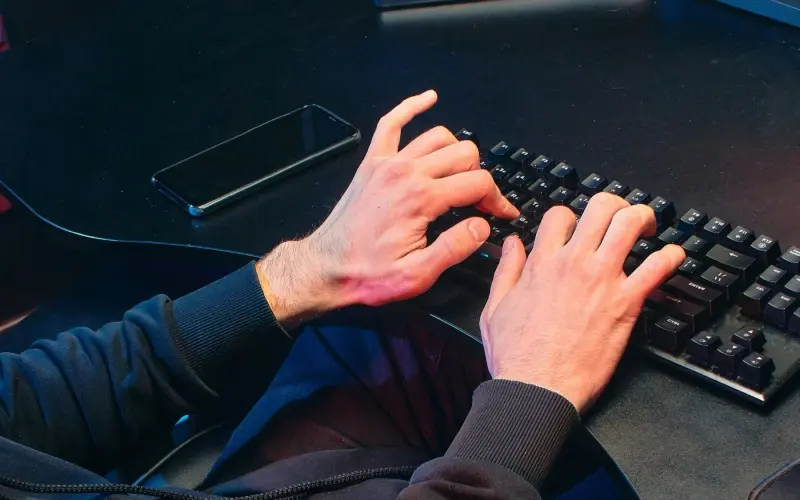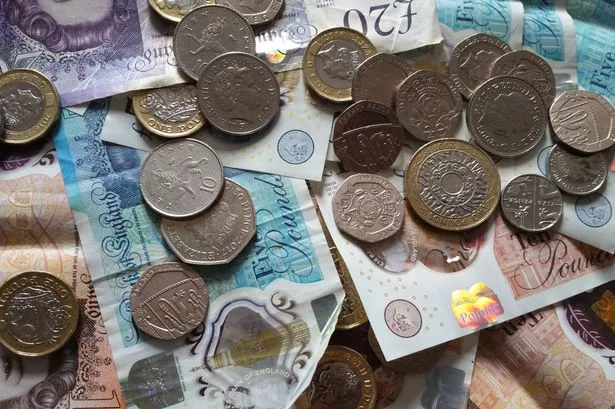Everything You Need to Know About Number Plate Cloning
Number plate cloning is on the rise in the UK, with many motorists falling victim every year.
In fact, there were 1,120 cases reported in 2024 compared with 815 in 2020, showing how much the crime is escalating.

The duplication of registration plates from one vehicle to disguise another one, usually of the same make and model, number plate cloning is used by criminals to get away with illegal activities. These include everything from dodging fines to theft, evading law enforcement, and more.
Because of number plate cloning, innocent drivers may find themselves facing unexpected fines, penalties, or even legal action for offences they had nothing to do with.
What is Number Plate Cloning?
Number plate cloning is when criminals copy a legitimate vehicle registration number and fit it to a different vehicle. This is generally the same make and model, and it allows them to avoid detection for various crimes.
Unlike number plate theft, cloning can happen without your number plates ever being touched. Cloners can simply copy your registration number, order fake plates online, and fix them to another vehicle.
This makes it more covert than theft, and victims usually have no idea it’s been carried out until they receive fines or offence notices from the police for places they’ve never visited.
How to Tell If Your Number Plate Has Been Cloned
Signs your number plates have been cloned can be clear, and include things like receiving fines or penalty notices that you have no clue about, or from areas you’ve never even been to. These might come in the form of congestion charges and speeding/parking violations.
You may also be contacted by police authorities or other agencies regarding offences you didn’t commit.
A more subtle sign you’ve been a victim of number plate cloning is that your insurance premiums will increase unexpectedly. You might also find claims on your policy for incidents you weren’t involved in.

In some cases, innocent people have had their vehicles seized or face legal action as a result of cloned number plates.
What to Do if Your Number Plate is Cloned
If a cloned registration is linked to criminal activity, it may appear on vehicle history checks and affect your car’s resale value. Some buyers might walk away from a sale because of this, and you may need to prove your vehicle is legitimate and not stolen or illegally modified.
Here are five ways to avoid your registration being cloned:
Report it to the police via 101 or in person at your local police station. You’ll receive a crime reference number.
Notify the DVLA, which may issue a new registration number to prevent further misuse.
Return unfamiliar fines with your crime reference number, any other evidence, and an explanation of the issue.
Tell your insurance provider to protect against claims and price increases.
Gather as much evidence as you can, from CCTV to GPS data and witness statements.
Top Tips to Prevent Number Plate Cloning
Here are some quickfire ways to prevent number plate cloning for UK vehicles.
Use anti-theft screws.
Don’t share your plates publicly or on social media.
Park securely to deter theft.
Regularly check your vehicle for examples of tampering.
Be cautious when selling a car by obscuring the reg in photos.
Final Thoughts
By being proactive and vigilant, you can reduce the risk of having your number plates cloned. If you think your number plates have been cloned, act fast to protect yourself and help the relevant authorities deal with the issue.
